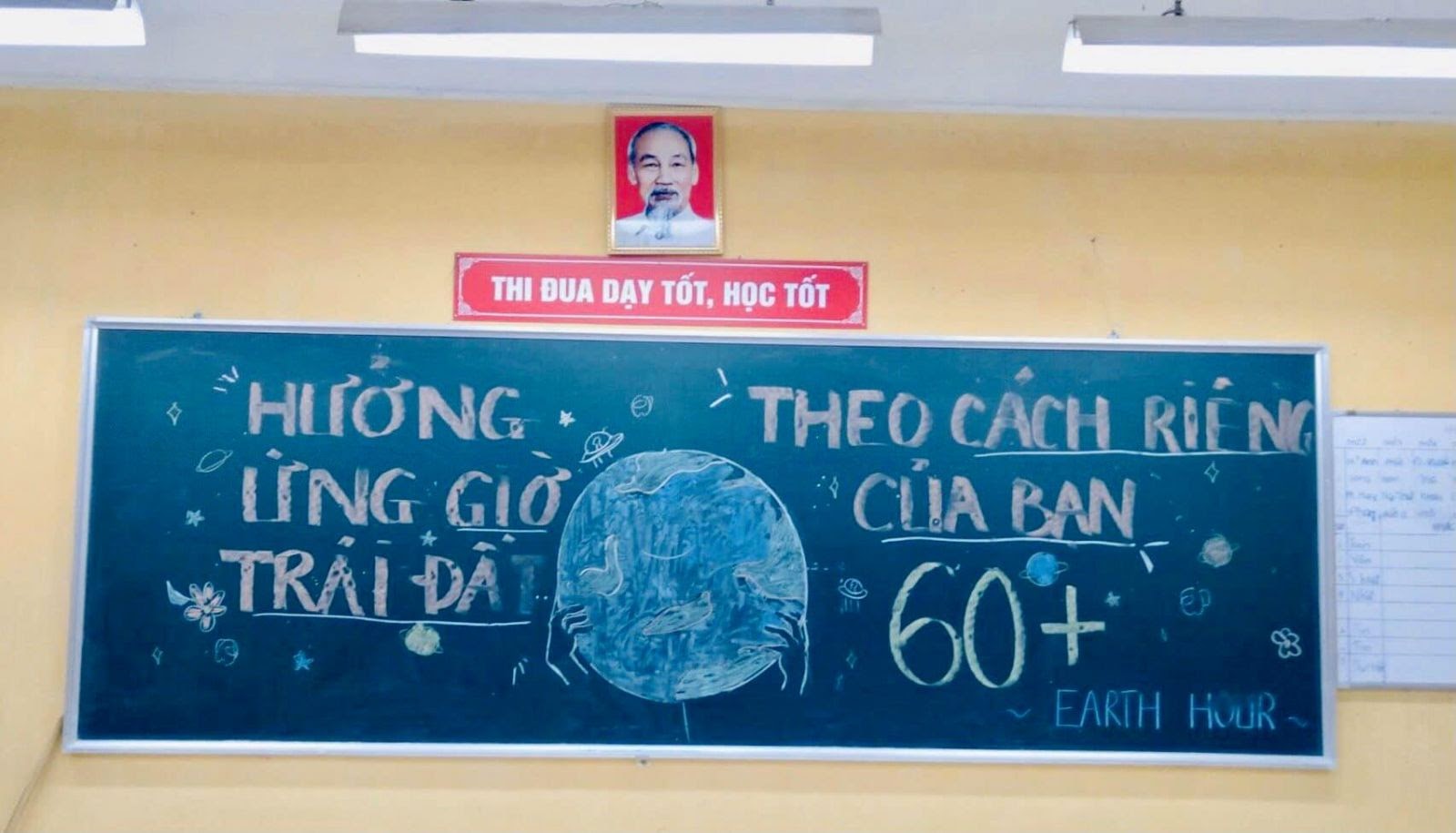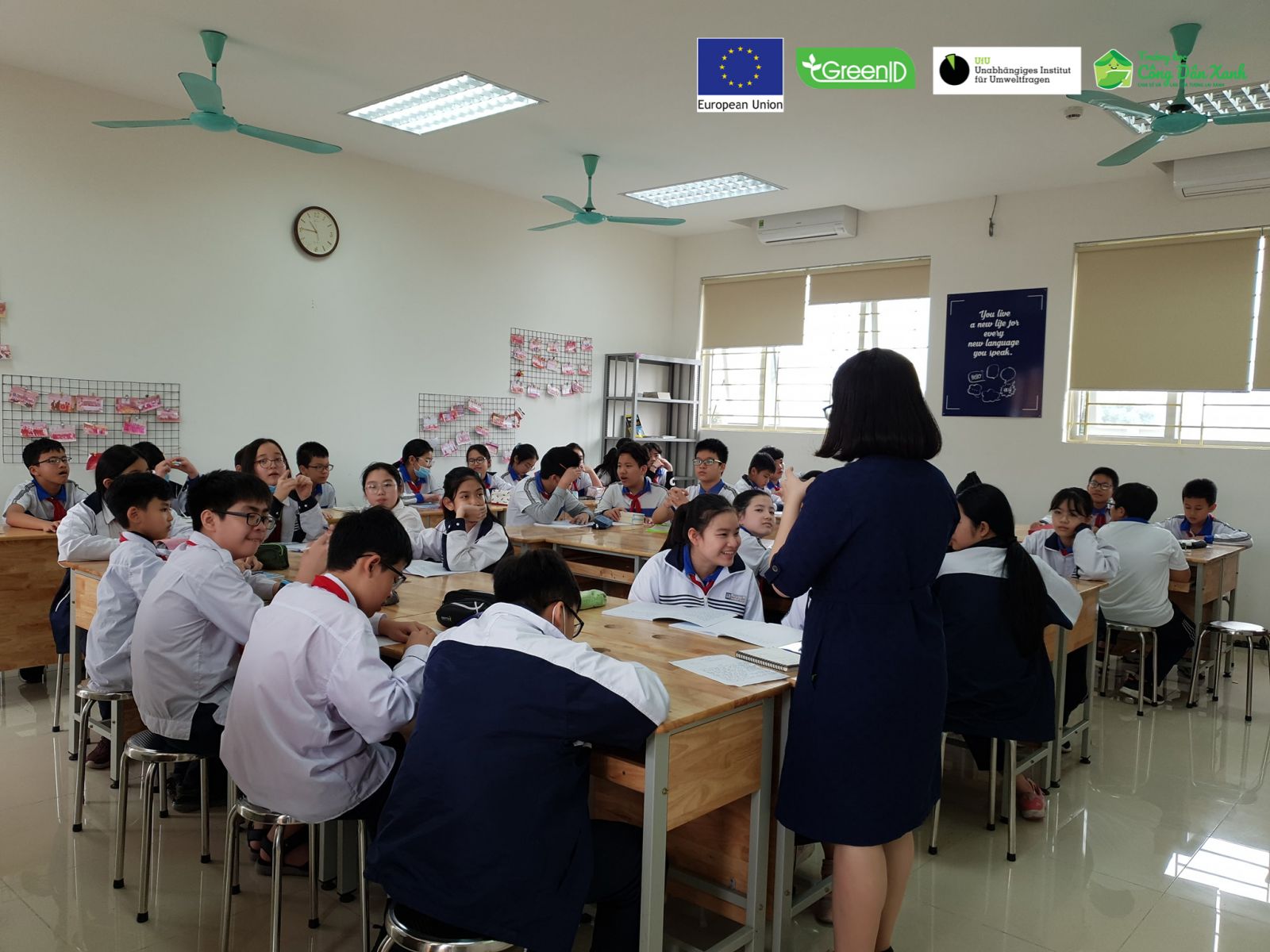
A team of energy regulators from the four Lower Mekong countries and the United States began a three-day forum yesterday in the capital to try to coordinate a clean energy strategy for the region.
Convened by the National Association of Regulatory Utility Commissioners (NARUC), the US Department of State and the US Embassy in Phnom Penh, the meeting is the third workshop convened on regional energy policy and will focus on clean energy production and mitigating climate change.
“The decisions that regulators make have a profound impact on the societies they serve,” said NARUC delegation leader Betty Ann Kane during opening remarks. “Effective regulation is essential to encourage the development of renewable energy resources and reduce demand for electricity.”
In the Lower Mekong region, electricity demand is expected to increase 5 percent annually. To keep up, Cambodia and its neighbors are attempting to transform their electricity production while at the same time meeting climate-friendly targets.
Last month, the member states of the Association of Southeast Asian Nations agreed to a target of producing 23 percent of electricity through renewable energy by 2020. Currently, 90 percent of Cambodia’s domestic electricity is imported from neighboring countries.
With the highest electricity prices in the region, the Kingdom has the potential for renewable energy demand, though progress on its implementation has been slow.
Speaking at the forum yesterday, Electricity Authority of Cambodia Chairman Ty Norin called on neighbors to work together towards a climate-friendly energy landscape. “Together, we can create a more sustainable power sector and work to ensure that we decouple our economic growth from greenhouse gas emissions.”
Over the next three days, delegates will address how to “integrate” renewable energy sources like solar and wind into the grid without disrupting access for residents and how to allocate costs for projects that benefit multiple countries, according to a statement from NARUC. They will also try to develop a strategy to coordinate regional planning so that unnecessary or redundant projects can be avoided.
The meeting comes ahead of the UN Climate Change conference that begins in Paris from the end of the month, aimed at forging a global agreement on reducing greenhouse gases.
Reference: http://www.khmertimeskh.com/news/17448/energy-forum-promotes-renewables-through-regulation/

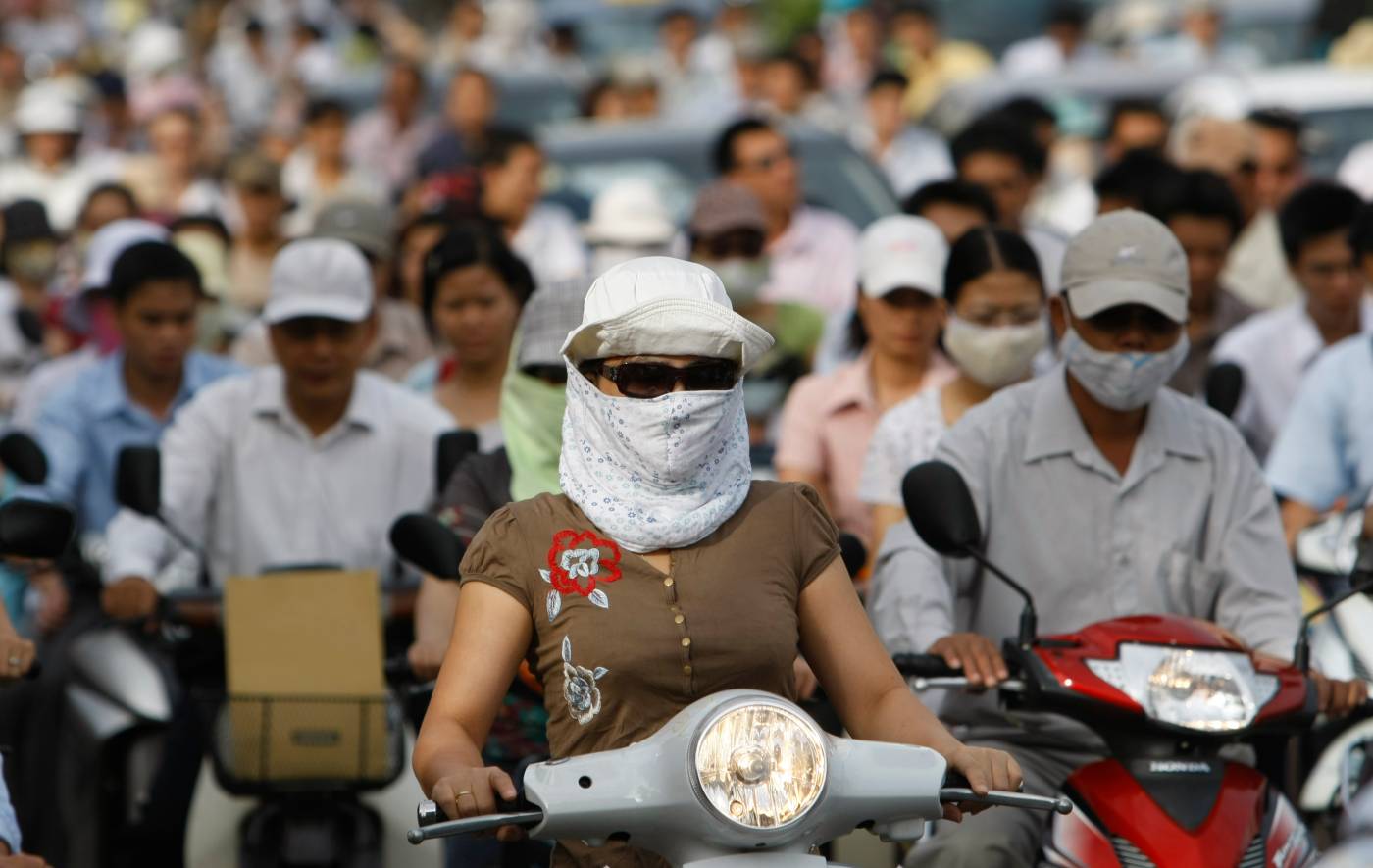
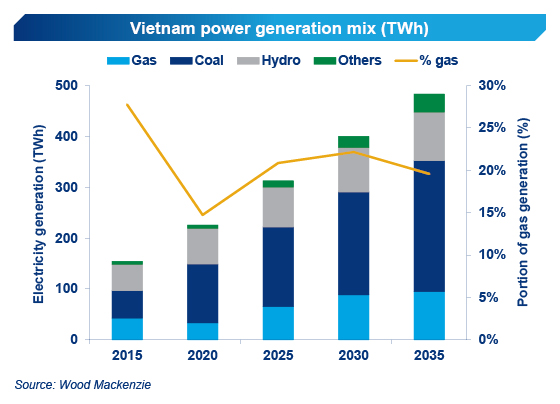
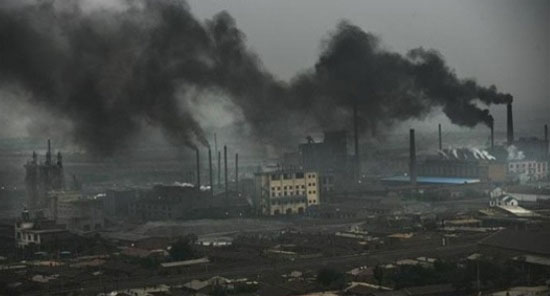
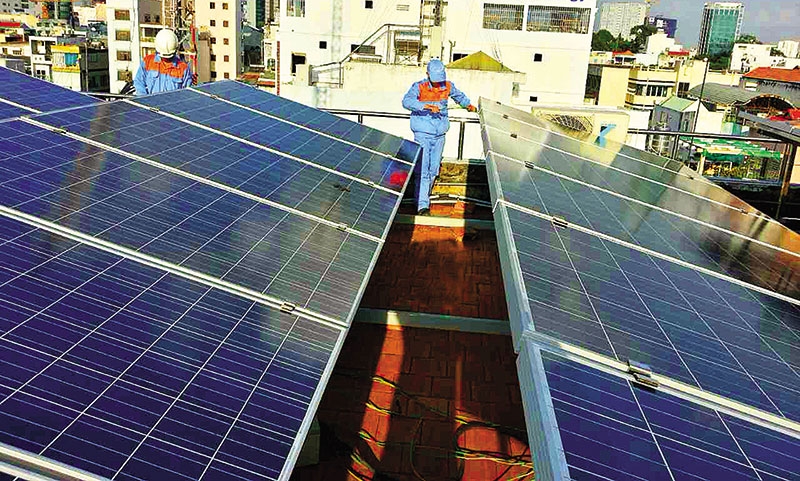
.png)
